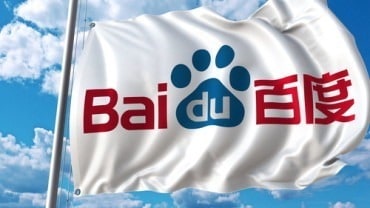
The company’s Autonomous Decentralized Peer-to-Peer Telemetry environment uses a blockchain protocol as a basis for a distributed network of devices.
Last month IBM won a patent for the autonomous self-servicing of the networked devices included in its Autonomous Decentralized Peer-to-Peer Telemetry (ADEPT) environment. The company revealed a proof-of-concept for the environment in March of 2016 as part of its collaboration with Samsung. The system uses blockchain as the basses for a distributed network of IoT devices. Samsung says it’s similar to a decentralized IoT.
“IoT controllers are often centralized […] [with] different IoT solution vendors [providing] proprietary solutions that follow similar centralized architectures,” IBM explained as a background to its new patent filing.
See also: Blockchain-as-a-Service – A solution in search of a problem?
IBM believes that self-servicing devices can:
- Improve the efficiency of decentralized systems
- Diagnose potential problems
- Automate solutions
The autonomous self-serving platform uses an ADEPT peer to connect to other peers based on peer consensus. Then it uses diagnostic insights to determine service needs. It can also provide functionalities like:
- Peer-to-peer messaging
- File sharing
- Autonomous coordination of devices
- Negotiations service contracts between trading partners, including ADEPT devices and service providers
The patent outlines further functionalities of the decentralized IoT system, in which the devices would engage in controlled self-servicing “based on foundational IoT trusted transactions in a peer-to-peer and decentralized manner.”
According to a report published in August, IBM is second only to Alibaba when it comes to filing blockchain related patents. IBM has filed 89, just one less than Alibaba.
IBM has been diversifying its blockchain investments in multiple fields and has recently filed for another patent, this one involving blockchain and drone security, specifically how it can be used to securely store data collected by them.




























